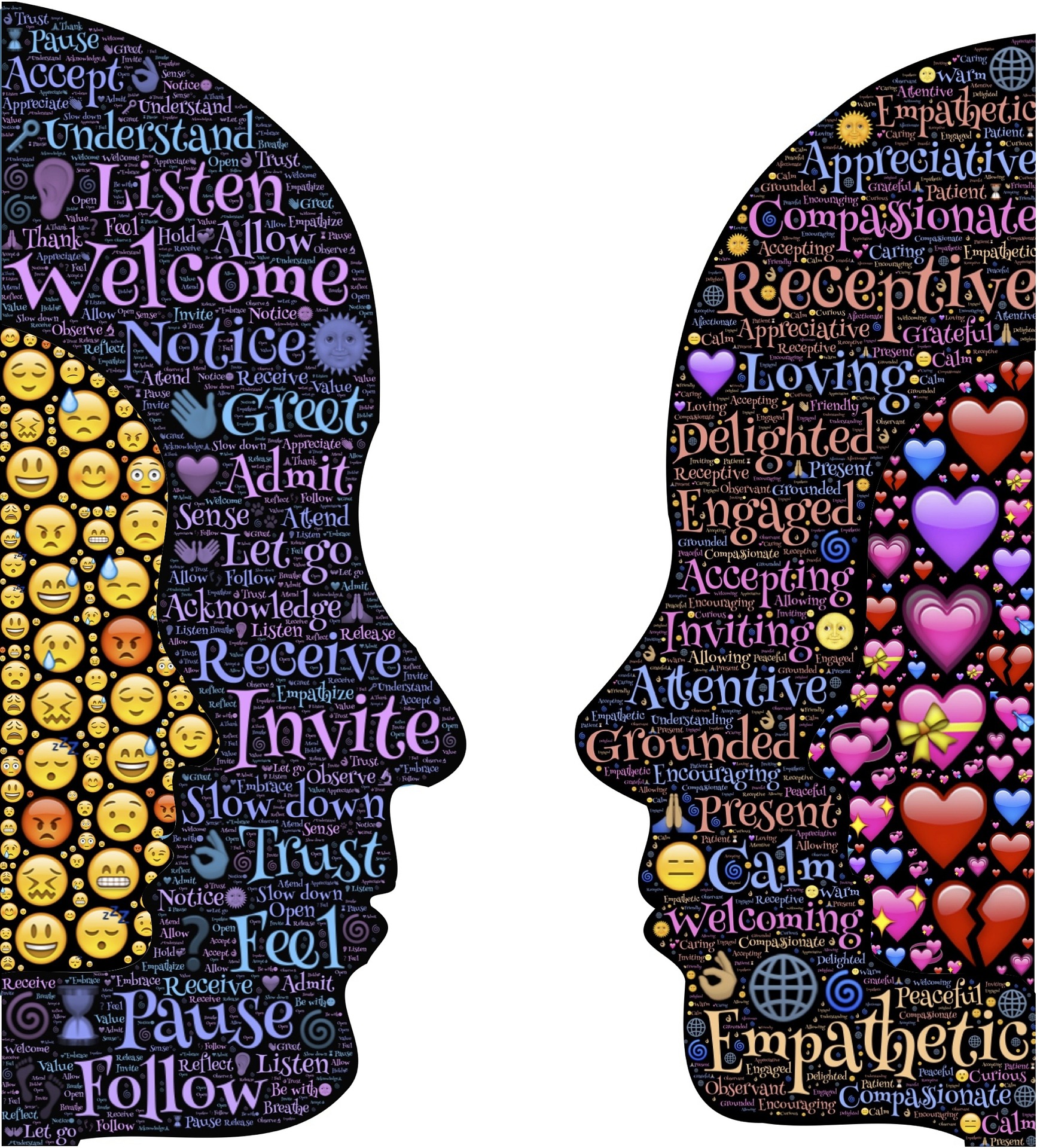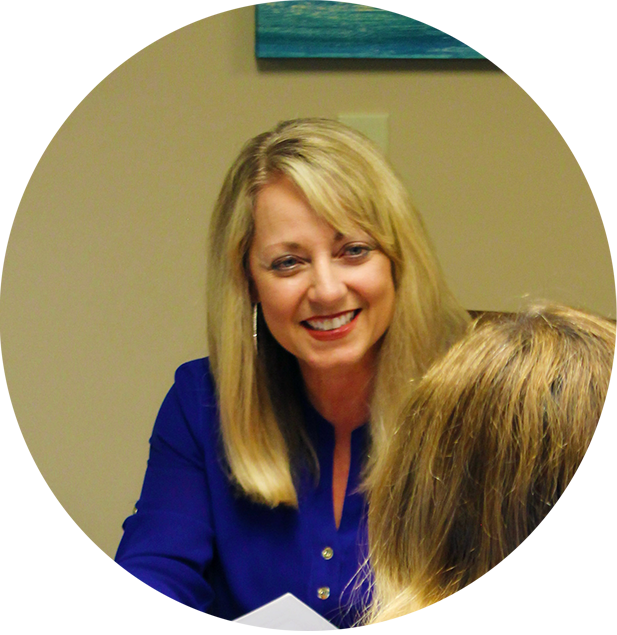 We were given two ears and one mouth so we can listen twice as much as we talk.
We were given two ears and one mouth so we can listen twice as much as we talk.
This expression makes me chuckle. It is a great way to remember to listen. As a communications professional turned coach, I’ll admit I can talk a up a storm. From small talk to teaching, I can fill hours of air time all by myself! I credit coaching with improving my active listening skills to creating space for pleasant and productive exchanges. As a communications professional, it came very naturally for me to focus on the person in front of me as the most important person in that moment. However, it is so easy to fall into the opposite ratio of talking and listening in personal relationships and I am no exception.
Over the past six months, we have been tested by having to listen to things we do not wish to hear. I believe we are strengthening our ability to communicate as we are pressured to hear each other. We all want to be heard. We are all interconnected. The pandemic and protests have demonstrated this clearly and when one of us is hurting, we all hurt, whether we know it or not. It is not easy to listen to understand rather than to respond with your position. More often, we automatically and innocently fall into the habit of crafting our response while the other person is talking. It is okay to be perfectly imperfect while strengthening your mindful communication muscle.
Our emotions play a role in how we listen. How we are feeling creates a lens with which we perceive. If we are happy, threatened, angry, or depressed we perceive differently. When we are highly stressed, falling into fight or flight, we aren’t listening but rather we are actively thinking of a solution to the distress. If we are feeling threatened we may be defensive and take things personally. If we are happy, we are more apt to be open and attentive.
Doing several things at once for efficiency is very common, and this often occurs simultaneously to someone is speaking to us. When we truly listen to others they feel connected, understood, loved, and accepted.
Have compassion for yourself and others as you work on mindful listening. It may not be perfect, but each interaction is a new opportunity to connect and care.
 For more information about cultivating clarity, compassion, and contentment in your life, contact Kim at [email protected] or (518) 301-3593. Kim Perone is a Success, Bereavement, and Resilience Coach and Mindfulness Trainer offering 1:1 coaching, workshops, programs, retreats, workplace training and resources to support you on your life’s journey. Kim is the author of The Case For Clarity, Compassion, and Contentment: Finding Your Center available at www.center4c.com and Amazon.
For more information about cultivating clarity, compassion, and contentment in your life, contact Kim at [email protected] or (518) 301-3593. Kim Perone is a Success, Bereavement, and Resilience Coach and Mindfulness Trainer offering 1:1 coaching, workshops, programs, retreats, workplace training and resources to support you on your life’s journey. Kim is the author of The Case For Clarity, Compassion, and Contentment: Finding Your Center available at www.center4c.com and Amazon.
[email protected], (518) 301-3593, www.Center4c.com





